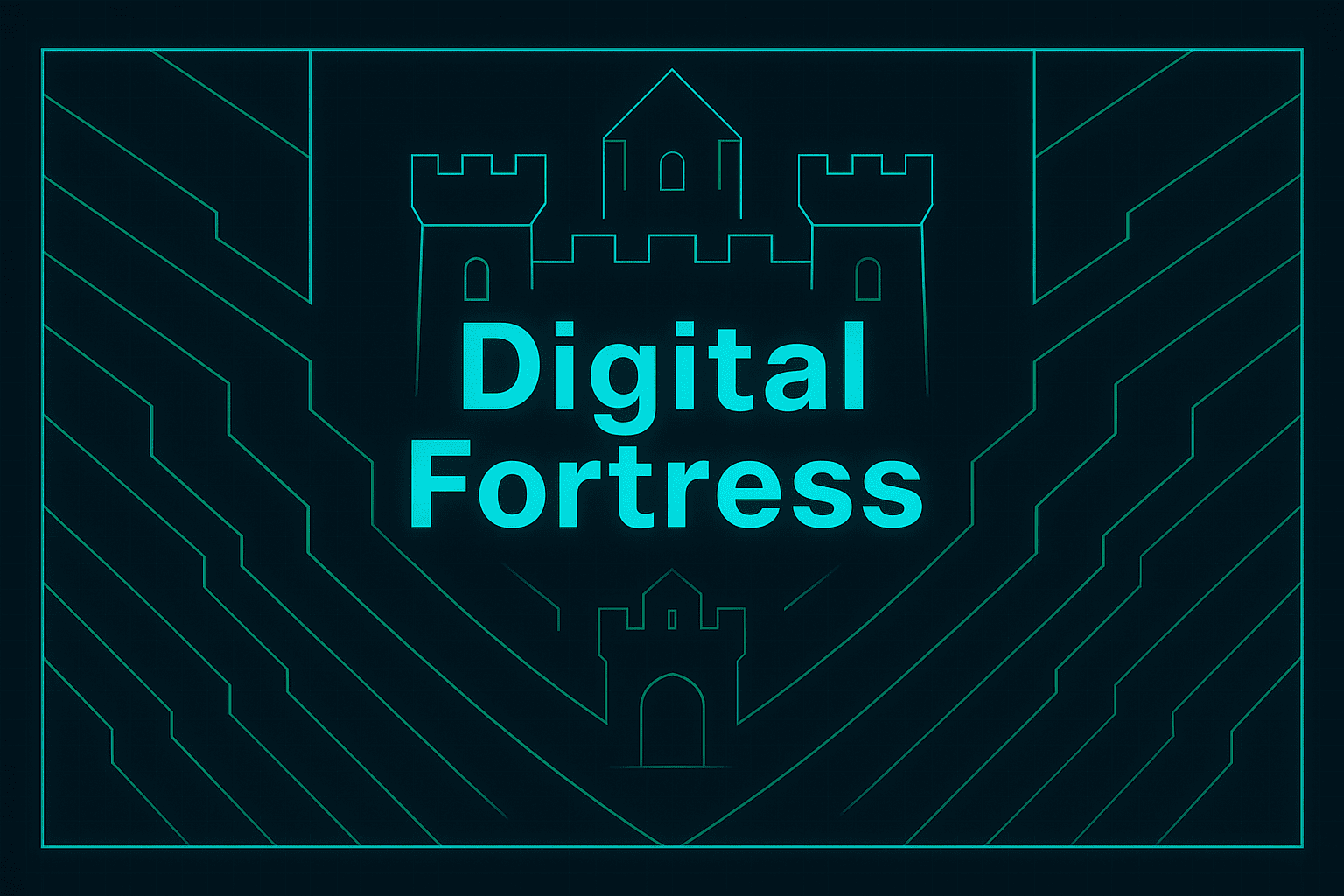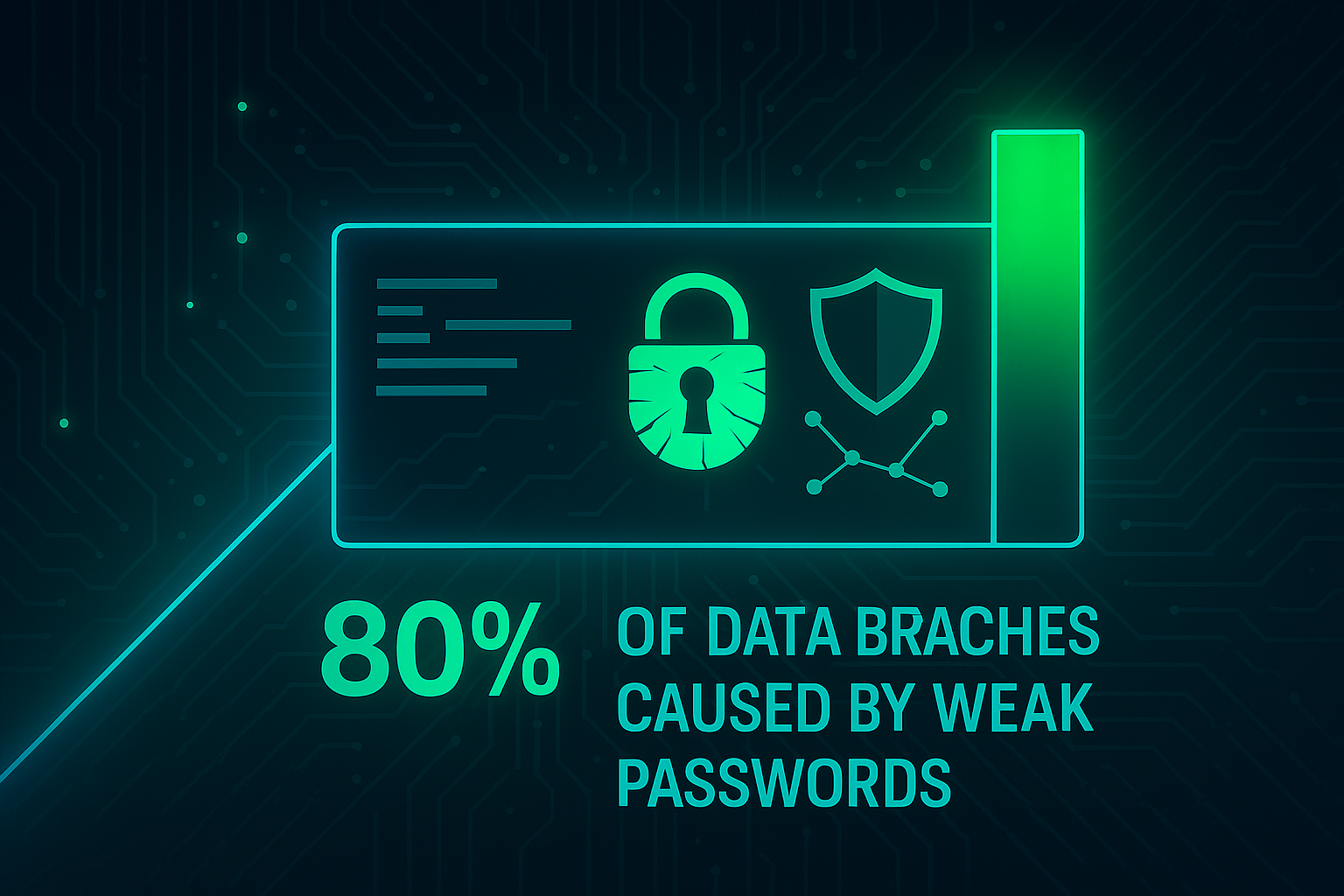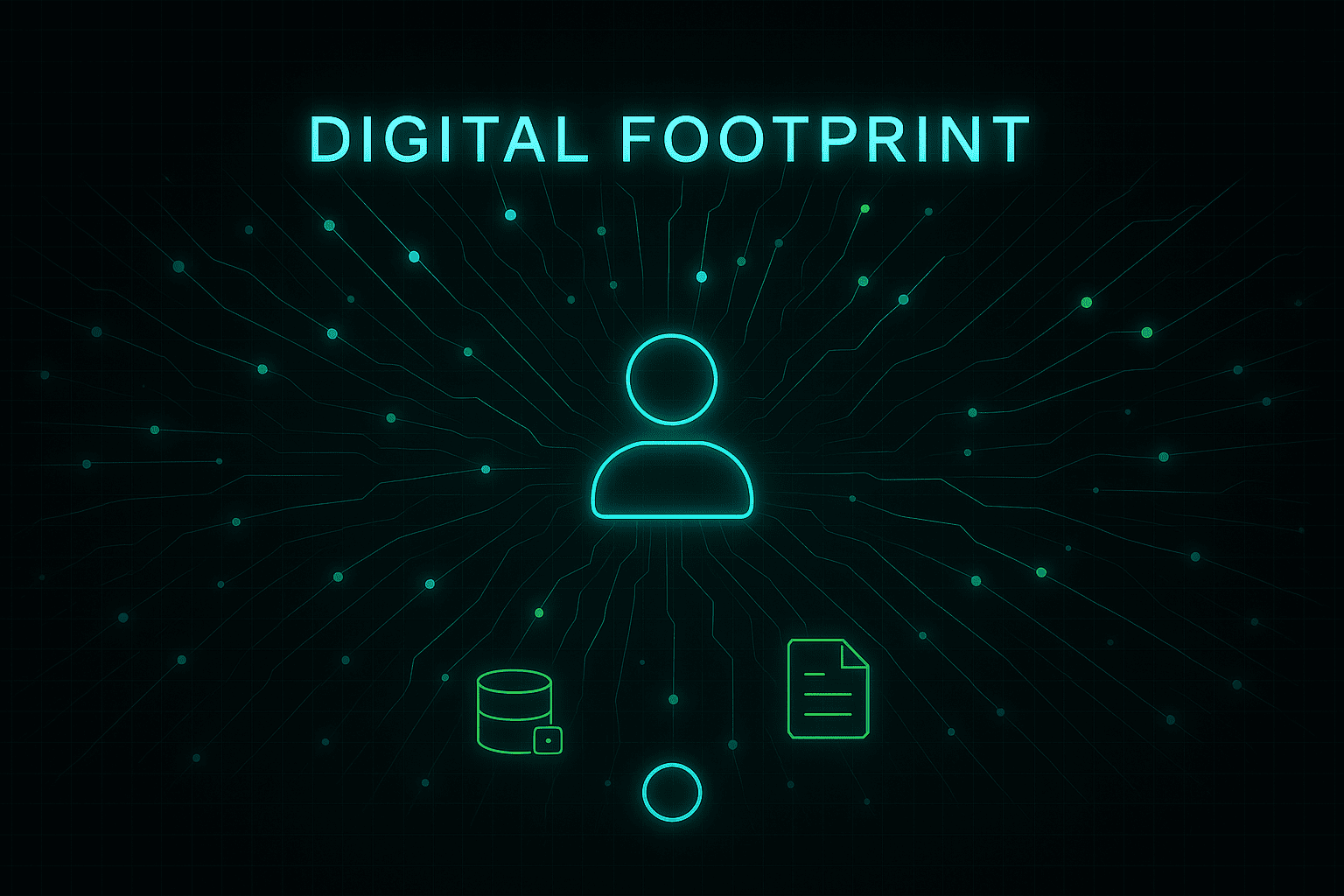Building Your Digital Fortress
Essential tools and habits for personal cyber defense against online threats and to enhance your digital privacy.

Every day, we navigate a vast digital landscape. While this connectivity offers immense convenience, it also exposes us to a myriad of cyber threats. Building a robust personal cybersecurity defense is no longer optional; it's a fundamental necessity. Think of it as constructing a digital fortress around your valuable data and online identity.
The Pillars of Your Digital Fortress
1. The Unbreakable Lock: Strong Passwords & Password Managers
Your password is the first line of defense. A strong password is long, complex, and unique for every account. Never reuse passwords. Use a reputable password manager like Bitwarden or 1Password to generate and store them securely.

2. The Double Gate: Two-Factor Authentication (2FA)
Even the strongest password can be compromised. 2FA adds an extra layer of security. Enable it on every account that supports it, especially for email, banking, and crypto platforms. Prefer authenticator apps like Authy over SMS, and consider hardware keys like YubiKey for maximum protection.
3. Constant Vigilance: Timely Software Updates
Software vulnerabilities are frequently exploited. Always enable automatic updates for your operating system, web browsers, and all applications to get the latest security patches.
4. The Guard Dogs: Antivirus Software & Firewalls
Antivirus software protects your devices from malware. Install and maintain a reputable solution like Bitdefender or Kaspersky. Ensure your operating system's built-in firewall is enabled.
5. The Cloak of Anonymity: Virtual Private Networks (VPNs)
A VPN encrypts your internet connection, making it difficult for third parties to snoop on your activities, especially on public Wi-Fi. Use a trusted VPN like NordVPN or ExpressVPN.
6. The Secure Vault: Data Backup
Regular backups are your ultimate safety net against data loss from hardware failure or ransomware. Follow the 3-2-1 backup rule: 3 copies of your data, on 2 different media types, with 1 copy offsite.

7. The Sharp Eye: Recognizing Phishing
Your awareness is your strongest defense. Be skeptical of unexpected emails or messages demanding urgent action. Always verify the sender and links before clicking. For more details, read our Crypto Security Guide.
Fortifying Your Privacy
Security protects your data from access; privacy controls who sees it. Be mindful of what you share online and review privacy settings regularly. Consider privacy-focused browsers like Brave and search engines like DuckDuckGo.
"At PhishDestroy, we are committed not only to disrupting cybercrime but also to empowering individuals with the knowledge and tools to protect themselves."